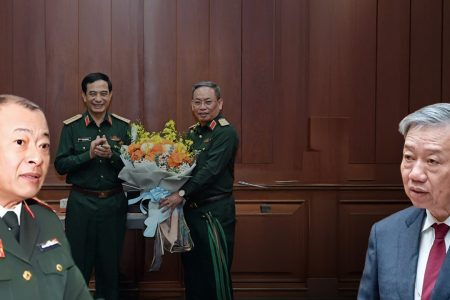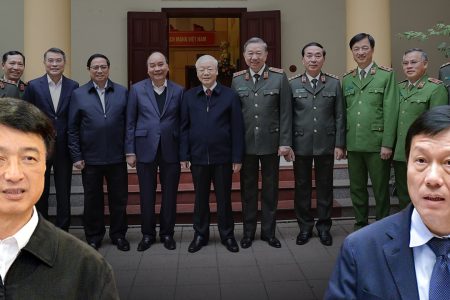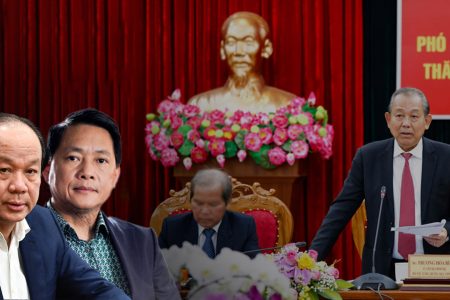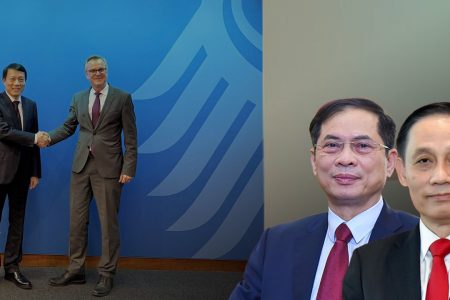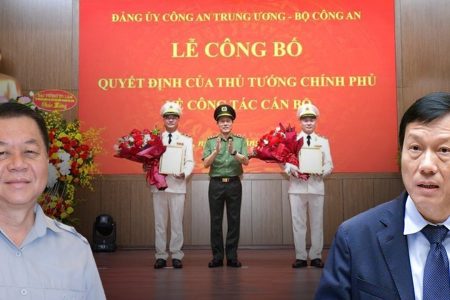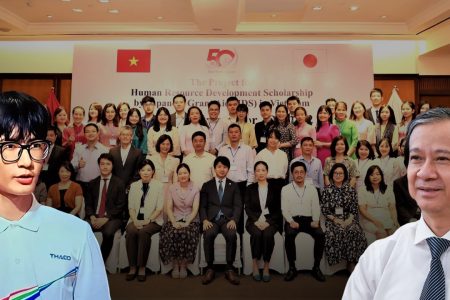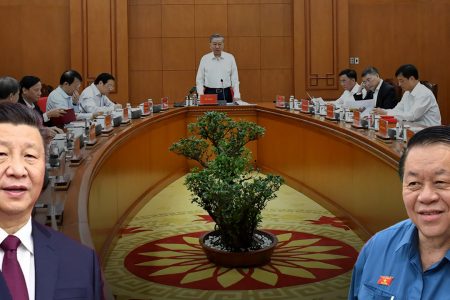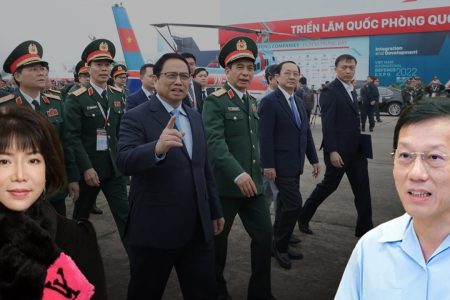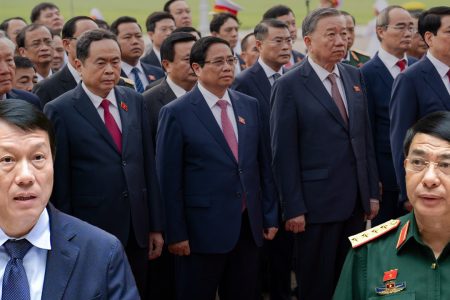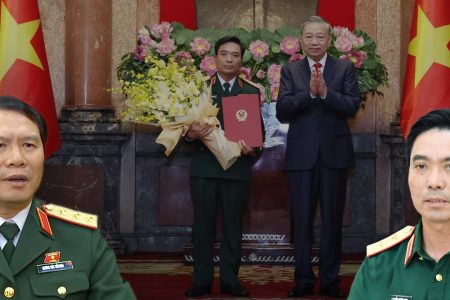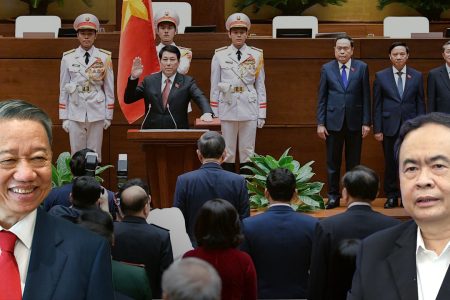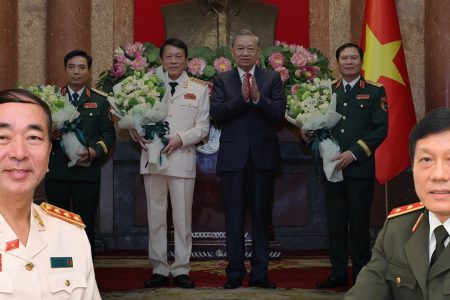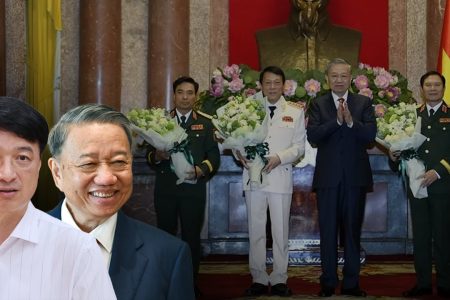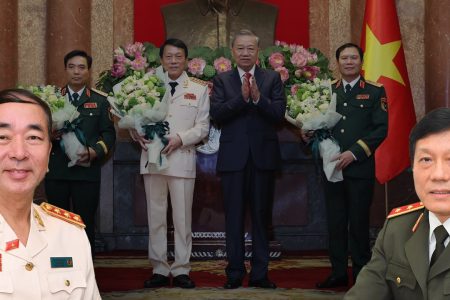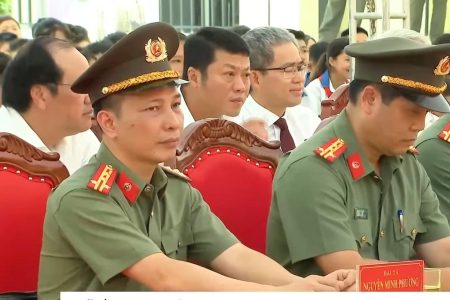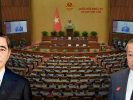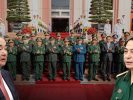
The Vietnamese leaders have just promised to submit to the 15th National Assembly to “promptly” revise the 2013 Land Law, a controversial law in the communist country that considers land to be owned by the state.
On the morning of May 6, while campaigning for elections in Vung Tau City, Deputy Prime Minister Pham Binh Minh promised voters that “the revision of the land law is one of the key tasks of the Government.” He added: “It is expected that this law will be submitted to the National Assembly at the end of this year or early next year.”
Mr. Pham Binh Minh said that after the voters suggested the candidates submit to the National Assembly to amend the Land Law 2013, because, in reality, this law has many problems, affecting the public key projects and people’s lives.
Earlier, the Government Office on May 1 announced the conclusion of Prime Minister Pham Minh Chinh at a meeting on the implementation of the assigned tasks of the Ministry of Natural Resources and Environment, discussing the difficulties, problems in production, business, and socio-economic development, in which the PM asked this ministry to “urgently summarize the implementation of the Land Law 2013 and develop the revised Land Law project,” according to the report of Lao Dong newspaper.
The land petitioners-protesters were dissolved on the opening day of the National Assembly
Mr. Dinh Kim Phuc, a historical researcher in Ho Chi Minh City, commented to VOA on the current situation of land management in Vietnam:
“In the past time, there have been a lot of lawsuits mainly focusing on the land sector and many Vietnamese officials going to jail for the land as well.
In Vietnam’s current Land Law, land by the definition of state-run all-people ownership is a very vague concept, leading to many state officials taking advantage of power to acquire land and distributing it in a bluff, leading to a lot of people losing their land.
“For a long time, people have proposed to amend the Land Law, mainly how to establish ownership to avoid abusing the right of power, to avoid depriving the people of ownership, typically in housing problems. Thu Thiem that so far has not been resolved.”
Mr. Dieu Bay, a farmer in Dak Nong, told VOA that he has come to Hanoi many times to petition for land over the past 10 years and has not been resolved.
“Land disputes in Dak Ngo commune, Tuy Duc district, Dak Nong province occurred after the government allocated forest land to private enterprises since April 2011, the enforcement case was decided by the Provincial People’s Committee. In the past 10 years, we went to Hanoi to sue 7 times, sued at the Central Office 2 in Saigon 4 times, while in the district and province we went many times, but there was no responsible agency to answer, we are very frustrated.”
A young Hanoi man holds in his hand a photo of Mr. Le Dinh Kinh during the January 12 ceremony.
Researcher Dinh Kim Phuc stated on promises made by the candidates of the National Assembly:
“Every time in a certain election, a lot of candidates promise, but in Vietnam, where the Party leads comprehensively, what laws want to change, and what regulations must be promulgated, must go through the Politburo. Therefore, it is very difficult to make a promise to amend the Land Law of Vietnam,” especially the revision of the land tenure regime.
Lao Dong newspaper recently has a series of articles reflecting that the 2013 Land Law, after nearly 10 years in effect, “revealed many shortcomings, overlapping leading to the ambiguity of management responsibilities, difficulties in the process of implementation.”
The newspaper wrote: “Consequently, the process of transferring land for development investment becomes complicated, causing troubles for businesses, and hindering the development of the private economic sector. More importantly, the loopholes that exist in this law are the seeds for corruption and negativity to arise.”
Thoibao.de (Translated)
Source: https://www.voatiengviet.com/a/lanh-dao-vietnam-hua-se-sua-doi-luat-dat-dai/5882012.html



